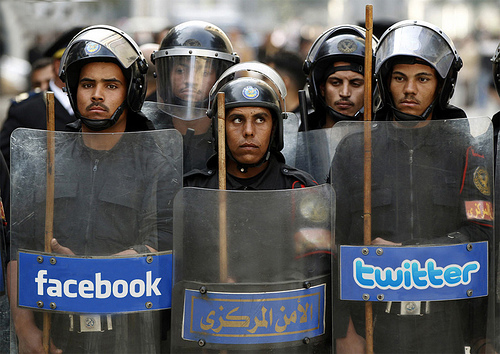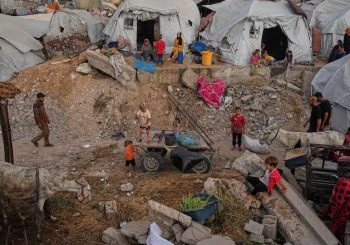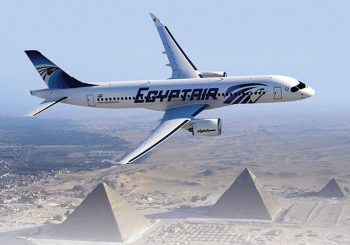Public discourse is shaped by language. It is our window of access to an essential and vital discussion about politics, social concerns and the economy. That eventually shapes what we call our culture. Those who initiate the conversation have the first choice of language. And unless the public interferes, they control the discourse and shape the culture. It should not, by any means, be granted that they do control the discourse or that they have a right to.
In recent months, the media discourse has constantly deteriorated to a level that is undisputedly sub-par. The news is selective – both in terms of fact as well as language – and directive: Opinionated before it fulfills its original duty of revealing the truth.
Journalists have abandoned the profession altogether to become active agents of public mobilization in the name of journalism. And entertainment glorifies the darkest sides of humanity (Case in point: prank shows in Ramadan which feed on the concept of Schadenfreude). What this has led to is not just a series of diplomatic crises for the government but it has also led the nation to the threshold of public discourse annihilation.
It is rare today to see a serious debate about freedom of expressions and its regulation by the new government in the wake of diplomatic tension between Egypt and Morocco caused by a morning show hostess’s comments, or the news portraying the situation in Gaza as a leveled war between armed organizations – and going as far as “raising the hat to Israel”.
It does not seem like the government, or political actors for that matter, have a vision in mind following the Ministry of Information’s shut-down or for the alternative institutions to be set up.
Ideally, governments should not have but broad regulations regarding freedom of expression, and the media in particular. Because we, the public, should be the watchdogs.
I claim that we need to guard the language. We cannot allow for the portrayal of the mass murder of more than 1000 civilians in Gaza as a leveled war, on the naïve background of ideopolitical differences with the resistance movement.
We have repeatedly made the mistake of reducing human deaths to a “death toll” in numbers; calling the victims of murder “terrorists” or “heroes” until it became so engrained in our public psyche that humans do not die in conflict: Either terrorists are brought down or heroes are martyred.
Yet, numbers do put things in perspective. They, too, are a part of language. We need to be aware that hundreds of Egyptians have died in clashes, and that number should trigger policies, reforms and judiciary action.
The media has a public responsibility to inform – not educate or direct – the public; to reveal the truth. The truth is seldom, if not never, absolute, which is why neutrality borders on fiction.
I do believe that in cases of unjust wars (which they all are) a stance should be taken towards the right. The dilemma is determining the right. But the right, the moral and the logical are meant to be the pillars of forming any opinion – let alone a public one. The media must first revise the facts and the language before it gains the right to freedom of expression of their opinion about those facts.
Entertainment has also fallen prey to this epidemic of affront on language. Defending prank shows on prime-time television as “freedom of expression” does the term no justice. I fail to see the point or message or even the entertainment value on those shows to be defended by freedom of expression.
What I do see is an insult to the public’s intelligence and a convoluted attempt to parallel the market economy concept of supply and demand with that of democracy and consequently freedom.
We should clarify that both concepts were originally developed as means to the end of a better, more civilized common living; a fair and just manner of controlling the political conflicts and settling economic competition.
Neither democracy nor free market economy were meant to be ends in and of themselves, and they rightly should not be. Unless we object to the use of those terms as weapons each side of the debate uses to win the battle once, the terms will eventually be stretched to the point where they have no real value.
Save the word “freedom” for that which deserves freedom and save the word “democracy” for actual governance, not for the prioritization of economic interests over a public’s right to decent entertainment.
We seem to fail to understand the magnitude of importance that language has on our public discourse on a wide range of topics from domestic affairs to international relations to the economy and our security. It is imperative that we take language seriously. And if we don’t, apparently the media never will.






Comments (14)
Title
[…]one of our guests lately recommended the following website[…]
xcn5bsn5bvtb7sdn5cnvbttecc
[…]Sites of interest we’ve a link to[…]